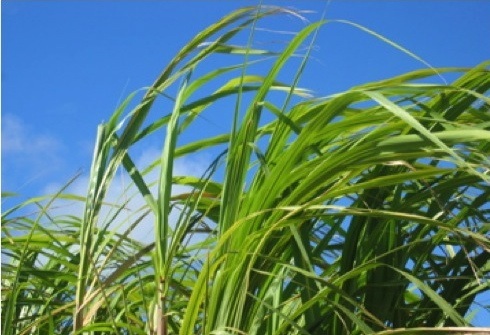Following the completion of an EU-funded study of the Barbadian sugar industry, Agriculture Minister Dr David Estwick said there is every possibility the industry can be profitable, in part by diversifying its sugar product to include ethanol.
Sugar officials from the country’s private and public sector, including the Barbados Agricultural Management Company and the Barbados Agricultural Credit Trust met for three hours today in a closed-door meeting.
“I believe that, having had the discussions, the Ministry is now in a much better position to understand the farmers’ issues and the farmers are now in a position to understand what is the plan that we have in place for the transformation of the industry,” he said.
As the country plans for an overhaul of its sugar industry, Eastwick said a number of farmers were experiencing “significant financial pressure,” to the point of being forced to lay off employees and reduce the amount of cane they plan.
The challenge the ministry faced, he said, was to put sugarcane farmers in something of a holding pattern by looking at price support structure and enhancing financing opportunities.
Part of Barbados’ plan is to diversify its sugar product, including producing specialty sugars and the production of ethanol.
“We’re planning to put about 15 to 20 percent to our gasoline inputs and also produce high-end Grade A specialty molasses to support the rum in Barbados,” he said.
Eastwick raised the cautionary tales of St Kitts and Antigua, both of which he said had seen serious environmental degradation as a result of taking land out of sugarcane production.
It’s all part of a growing movement in the region, which has even attracted investors like China, to look to return to sugar production, something was the pillar of the early British West Indies, as author Matthew Parker discussed with Caribbean Journal today.
